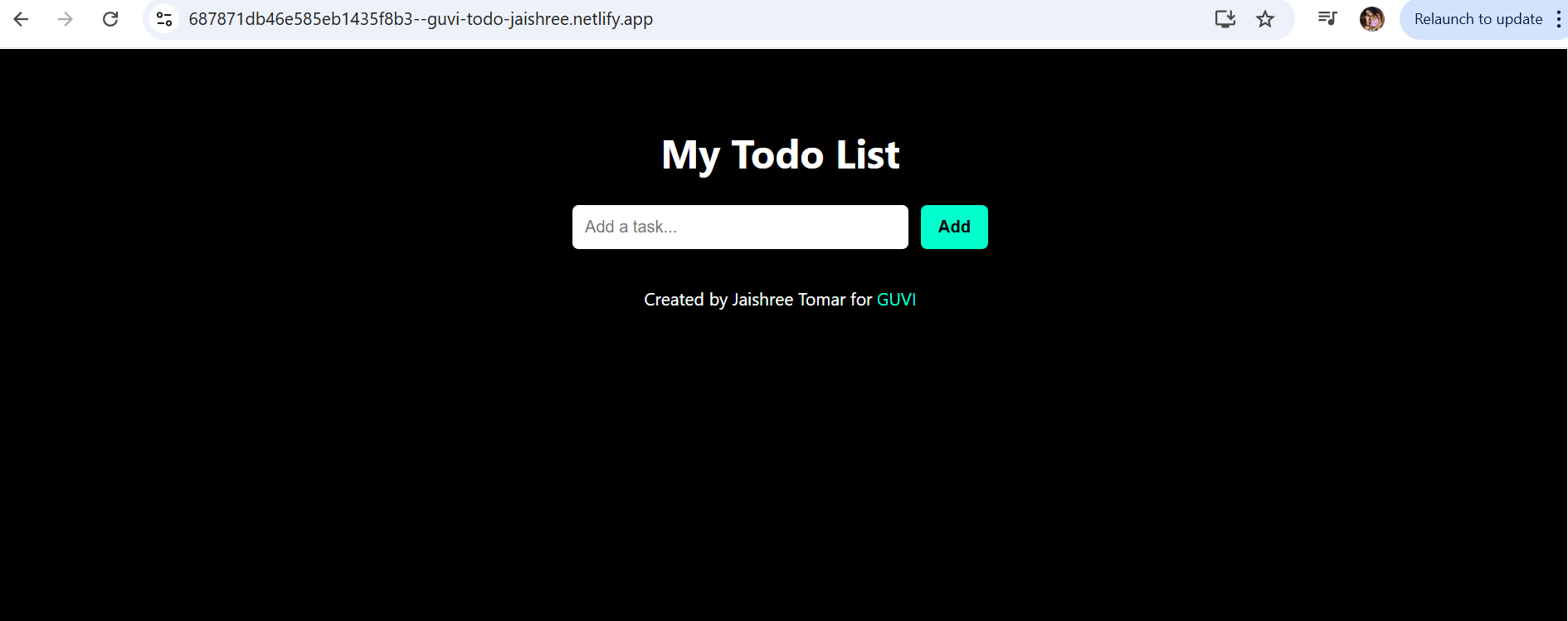Best Practices and Tips for Working with Strings in Cpp
Efficient String Concatenation
Prefer using std::string concatenation (+ operator) instead of C-style string functions like strcat(). This allows for safer and more efficient concatenation.
If you need to concatenate multiple strings iteratively, consider using std::stringstream or std::string::append() to minimize unnecessary memory reallocations.
std::string result;
std::string str1= "Hello";
std::string str2= "World";
// Option 1: Using std::string concatenation
result = str1 + " " + str2;
// Option 2: Using std::stringstream
std::stringstream ss;
ss << str1 << " " << str2;
result = ss.str();
// Option 3: Using std::string::append()
result = str1;
result.append(" ");
result.append(str2);Examples and Code Snippets
Always validate and sanitize user input to prevent unexpected behavior, buffer overflows, or security vulnerabilities. Consider using functions like std::getline() to read user input and check for potential errors.
Ensure proper bounds checking and length validation when working with strings to prevent buffer overflows and memory corruption.
Performance Considerations
Avoid unnecessary string copies or reallocations by using std::string move semantics (std::move()) when appropriate.
std::string str1 = "Hello";
std::string str2 = "World";
// Inefficient: Creates a copy of str1 and str2
std::string result = strl + " " + str2;
// More efficient: Utilizes move semantics
std::string result = std::move(str1);
result += " ";
result += std::move(str2);Be cautious when using string concatenation in performance-critical code loops. Preallocate memory for the resulting string using std::string::reserve() to avoid frequent reallocations.
std::string result;
std::vector<std::string> words = {"Hello", "World", "How", "Are", "You"};
// Preallocate memory for efficiency
result.reserve(100);
for (const std::string& word : words) {
result += word;
}
// Do further processing with the resultConsider using more specialized string containers like std::stringstream or std::vector<char> for building complex or performance-sensitive string manipulations.
std::stringstream ss;
ss << "This is a " << variable << " string.";
std::vector<char> buffer;
buffer.reserve(100);
buffer.push_back('H');
buffer.push_back('e');
buffer.push_back('l');
// ...By following these best practices, you can improve the efficiency, robustness, and security of your string-handling code in C++.
Conclusion
String handling in C++ is facilitated by the versatile std::string class, which provides a rich set of operations for manipulating strings. It simplifies tasks such as concatenation, comparison, input/output, and advanced manipulation techniques like case conversion and splitting. C++ strings offer automatic memory management, reducing the risk of common memory issues. Best practices include efficient concatenation, error handling, and performance considerations.
Strings are fundamental data types used extensively in programming for various applications, including text processing, input validation, user interface, file manipulation, network communication, and data parsing. Proper handling of strings is crucial for building robust and user-friendly software.
The future of string handling in C++ may involve further optimizations for performance and memory efficiency. Additionally, improvements in Unicode support, pattern matching, and string manipulation libraries can be expected. Language enhancements and standard library updates may introduce more convenient and powerful string handling features to streamline development and enhance productivity.



























